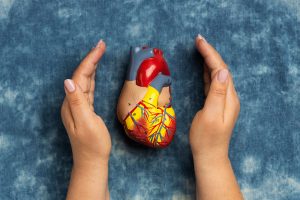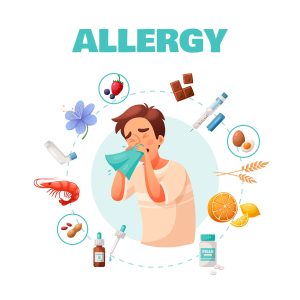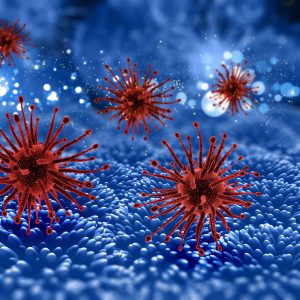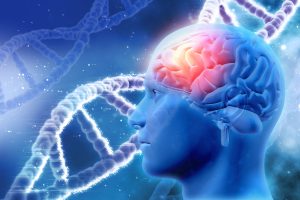Kidney failure is where the kidneys are not able to remove toxic wastes and excess water. The condition tends to get worse over a period of years. Chronic kidney failure usually leads to EndStage Renal Disease (ESRD).
What are the functions of the kidneys?
- Removal of waste products that accumulate in the body
- Regulates BP
- Maintains optimum bone health
- Regulates Acid base balance
- Stimulate Red blood cell production
- Maintains fluid and electrolyte balance
What are the symptoms / signs of kidney failure?
- No symptoms till late stage
- Loss of appetite
- Leg swelling
- Unexplained tiredness / anemia
- Breathing difficulty
- Nausea / Vomiting
- Loss of consciousness
- Low urine production
- Reddish / frothy urine
Who is at risk for developing kidney failure?
- Diabetes
- High Blood Pressure (Hypertension) Heart disease
- Overweight / obesity
- Long-Term Use of Certain Medications like painkillers / antibiotics / anti acidity drugs Older age
- Family history of kidney disease Kidney stones
- Recurrent urinary infections
- Smoking / Tobacco use
How to prevent kidney failure?
- Exercise Regularly Maintain a Healthy Weight Avoid smoking
- Limit alcohol consumption Eat a Healthy Diet Reduce Salt Intake
- Drink plenty of water and fluids
- Keep Diabetes and hypertension under good control Avoid excessive use of over-the-counter painkillers
- Regular health checkups to pick up kidney problems in asymptomatic persons
What are the Treatment options for patients with kidney failure?
- Medications
- Hemodialysis
- Peritoneal dialysis
- Kidney transplantation
Dr. Arun K G
MBBS, MD (General Medicine), DNB (Nephrology)
Consultant – Nephrologist & Renal Transplant Physician














